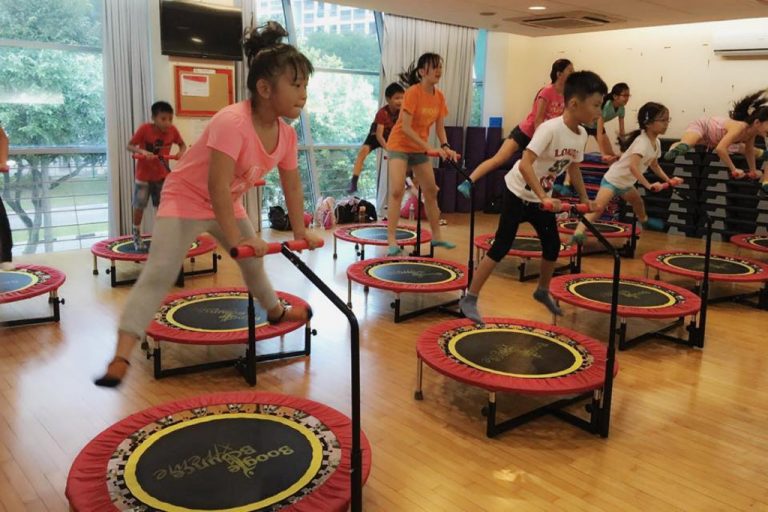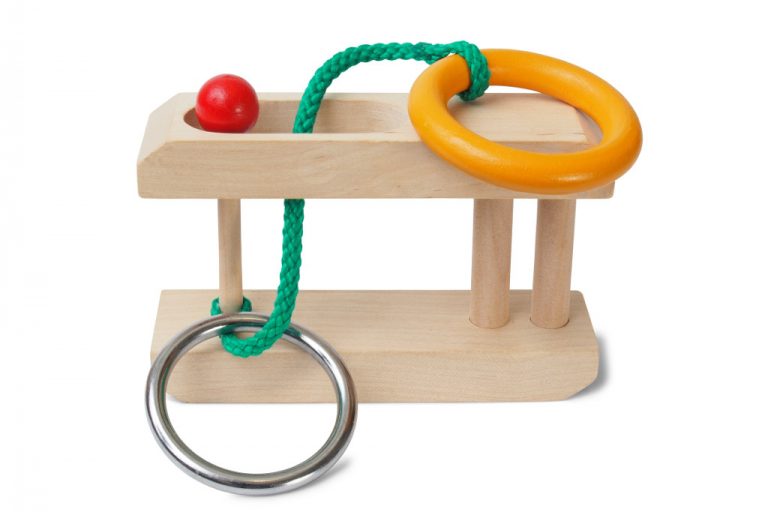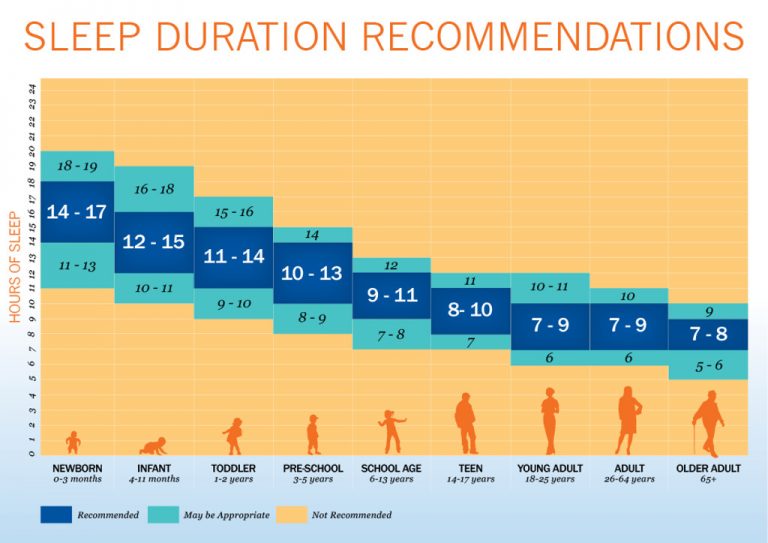SingaporeMotherhood | Baby & Toddler
September 2017
10 Proven Ways to Give Your Child’s Brainpower a Mega Boost

Did you know that by simply giving your kids lots of hugs, you are actually helping to develop their ability to process information more effectively? Let’s look at other brainpower boosting ideas you can use to help give your child the mental edge
Parents all want smarter kids. Very often, however, we think that our genes determine how intelligent our children will be. And well, there’s not much we can do about that, right? It may surprise you to know that there are many things we can do on a day-to-day basis that can help our children reach their intellectual potential.
[banner][/banner]
1. Feed Them Breakfast

Make sure that your child has a healthy morning meal, and help to ensure that their growing bodies are biologically better equipped for academic success. According to research from Germany’s Ulm University, kids who go off to school with a full tummy are not just physically healthier, but also more alert than those who skip breakfast. They also demonstrate better visual-spatial memory. Try these quick and easy breakfast ideas the kids will love (you can prepare them the night before):
- Hard-boiled egg and cheese sandwich
- Frozen yoghurt and fresh fruit popsicle
- Peanut butter and banana smoothie
(See also: Top 20 Brain Foods for Kids to Stay Sharp for Their Exams)
2. Nourish Young Minds

Feed your child a balanced diet and include plenty of foods rich in omega-3. Studies from University of Cincinnati College of Medicine showed that omega-3 fatty acids are particularly crucial in children’s brain development. For example, DHA is the most abundant fatty acid our grey matter is made of. It improves how well cells can communicate with each other, enhancing attention span and memory. Ensure your child gets plenty of these nutrient-rich foods (especially during exam season!):
- Fish such as mackerel and sardines for brain-building omega-3 fatty acids
- Lean meats such as poultry and beef for iron, which aids in learning and memory
- Eggs for choline, a memory-building vitamin
- Wholegrain cereals for complex carbohydrates and B vitamins that sharpen mental performance
- Citrus fruits like grapefruit and oranges for vitamin C, which improves memory
- Green, orange, yellow and purple veggies for antioxidants to protect brain cells from damage, and potassium to prevent mental fatigue
3. Boost Physical Activity
 Source: Boogie Bounce Xtreme Singapore Facebook
Source: Boogie Bounce Xtreme Singapore Facebook
Sign your child up for a sport they enjoy and make exercise a part of their daily routine. Researchers at Augusta University Medical College of Georgia found that sedentary children aged seven to 11 years had improved cognitive function after working out for 20 to 40 minutes daily over 13 weeks. Even their Maths results improved! Turns out, being physically active supplies the brain with freshly oxygenated blood. In turn, you get better concentration, clarity, thinking speed, creativity and problem-solving skills! Try these fun ActiveSG programmes on for kicks:
- Dance fitness (Zumba and KpopX)
- Ultimate frisbee
- Trampolining (Boogie Bounce Xtreme)
- Water polo (Flippa Ball)
- Stand-up paddling
(See also: 9 Adrenaline-Pumping Obstacle Courses Where Kids Can Train to Be Modern-Day Ninjas)
4. Play Mind Games

Besides physical activity, set aside time to play mentally stimulating games with your child. Japanese neuroscientist Ryuta Kawashima says that “stimulating the frontal cortex clearly improves memory and brainpower”. Based on his research, he authored the bestselling ‘Train Your Brain’ series of books, which later resulted in Nintendo’s Brain Training and Brain Age video games. Practising mental gymnastics also helps build problem-solving and strategy skills, concentration, patience, logic and reasoning. The best part? Your child will be having too much fun to even notice that they’re training their brain! These are some of our favourite evergreen mind games:
- Word puzzles like crosswords, word searches and Scrabble
- Maths puzzles like Sudoku
- Rubik’s cube and other 3D wooden, string or metal IQ puzzles
- Strategy games like chess and checkers
- Pairs (memory card game)
- Jigsaw puzzles
5. Cultivate a Bookworm

Read to and with your child, take them to the library, attend storytelling events and let them pick out books at bookstores. “Children who are exposed to books at a young age go on to do better on a wide variety of measures,” says Dr Barry Zuckerman, professor of paediatrics at Boston University School of Medicine. Reading helps build vocabulary and critical thinking skills. During reading sessions, try to make it an interactive experience by asking thought-provoking questions such as these:
- “What do you think Meiling will do next?”
- “What would you do if you were the teacher?”
- “How do you think Ahmad feels?”
- “How would you feel if you were the monster?”
6. Expand Verbal Interaction

Form the habit of making conversation with your child and ask open-ended questions. According to the Center on the Developing Child at Harvard University, adult-child relationships that are responsive and attentive – with lots of back and forth interactions – build a strong foundation for all future learning. Furthermore, conversations that are richer in vocabulary and concepts promote brain development more effectively, so no cutesy baby talk, please! Avoid questions that lead to a dead end (such as “How was school today?”) and be sure to follow up with more questions. Like these:
- “What did you do in school today?”
- “What was the best thing that happened in school today?”
- “How did that make you feel?”
- “What would you have done differently?”
(See also: 4 Valuable Tips For Your Child to Ace His PSLE English Oral!)
7. Structure a Homework Routine

Plan out a homework timetable with your child and create an atmosphere conducive to learning. At the designated time each day, switch the TV off and settle down with school work. Belgium’s University of Leuven found that children aged nine and 11 years struggled to perform when their attention was divided. Encourage your child to focus on a specific task before moving on to another. Here are more tips:
- Have a consistent start time to help your child build a homework habit, but don’t nag before the actual time. That will turn it into a dreaded chore.
- Stay close by as much as possible. Many children, especially those with learning difficulties, concentrate better when an adult sits with them or at least in the same room.
- Play instrumental music in the background. Music and rhythm can increase the strength of a child’s neural processes, translating into improved academic performance. Many children also find it easier to focus on homework while listening to repetitive drumbeats or calming piano.
- Enforce regular short breaks. Children get restless, distracted and frustrated easily, and this will lead to mental fatigue. To improve productivity, give them a five or 10 minute break periodically to run around or daydream as they wish.
- Plan to have fun after homework time is over, and make sure it happens. Kids are more likely to focus on homework when they know that they can watch TV or go to the playground afterward.
8. Unplug from the Electronic World

Schedule regular unplugged time on a daily basis (no screen time at mealtime, for instance). Award-winning integrative child psychiatrist and author of ‘Reset Your Child’s Brain’, Victoria Dunckley, says that “video games and other electronics (including internet surfing and texting) induce the fight-or-flight syndrome, putting the body in a state of stress”. Better still, designate at least one device-free day to ‘reset’ the brain each week. Spend the time reconnecting with each other over such activities instead:
- Cultivate culture over kid-friendly workshops and performances at various theatres and galleries
- Ponder the world at museums such as the ArtScience Museum and Lee Kong Chian Natural History Museum
- Discover nature at Singapore’s many parks and nature reserves
- Explore the animal kingdom at one of Wildlife Reserves Singapore’s award-winning zoos
(See also: What’s The Right Age to Get My Child His First Smartphone?)
9. Develop Mindfulness

Help your child build a brain response they can activate whenever they begin to feel angry or anxious. Find one or two mindfulness techniques your child likes and practise them daily together for a couple of weeks until it becomes an automatic response. By letting your child take the driver’s seat, they’ll have the power to calm themselves in any stressful situation. According to research from the School of Public Health and Health Systems at the University of Waterloo in Canada, just 25 minutes of Hatha yoga or mindfulness meditation can significantly improve brain function. You can try these other mindfulness techniques together:
- Superhero body poses (like Superman’s flying pose) to help them feel strong and happy
- Visualisation techniques where they learn to picture in their mind a beautiful house by the beach where they feel safe
- Deep breathing exercises they can use to manage anxiety
- Meditation techniques where they ‘scan’ and calm their bodies from head to toe
10. Make Bedtime a Priority
 Source: National Sleep Foundation
Source: National Sleep Foundation
Create a pre-bedtime routine and stick to it consistently, thereby ensuring adequate sleep each night. “Studies have shown that children who don’t get sufficient sleep are more likely to do poorly in school and be identified as having learning difficulties and/or attention problems,” says psychologist Jodi Mindell, associate director of the Sleep Center at Children’s Hospital of Philadelphia. Support your child’s brainpower by ensuring they get the age-appropriate amount of sleep:
- Newborns (0-3 months) – 14 to 17 hours
- Infants (4-11 months) – 12 to 15 hours
- Toddlers (1-2 years) – 11 to 14 hours
- Preschoolers (3-5 years) – 10 to 13 hours
- Primary school children (6-12 years) – 9 to 11 hours
(See also: 8 Strategies You Should Adopt to Stop Bedtime Battles with Your Tot)
All content from this article, including images, cannot be reproduced without credits or written permission from SingaporeMotherhood.
Follow us on Facebook, Instagram, and Telegram for the latest article and promotion updates.





